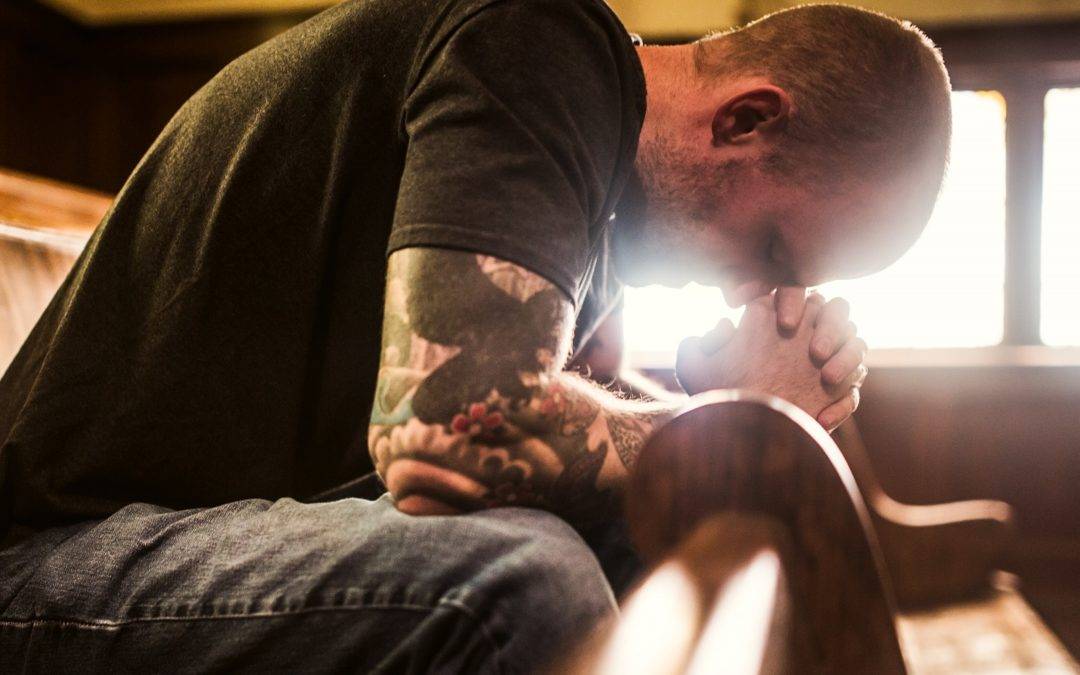“Yeah, I stopped going to meetings. I’ve got Jesus now.”
Marc and I had been in rehab together. He had a little more sobriety than I did; he was the first person I ever saw take a 30-Day Chip. I had eight days at the time, and after collecting the little plastic disc, he pressed it into my hands. “For you, little buddy. A good luck charm.”
In the first five or six months of sobriety, I went to a lot of meetings with Marc. He was Mr. Twelve Step, a boisterous extrovert who volunteered for everything. He worked the steps, and he worked them hard.
And then Marc found the church. Marc joined a small evangelical community that held worship services every night of the week. At first he split time between AA and prayer services, but after a month or so, he stopped coming to meetings. He had, as he said, “Jesus now.”
Marc relapsed a few months later. I never saw him again.
Over and over again in the rooms of recovery, we are reminded that Twelve Step programs have no monopoly on spiritual wisdom. Recovery was never meant to be your whole life; it was meant to give you back your life. From the earliest days of AA, Catholics, Protestants, Jews, Muslims and others have found their spiritual traditions strengthened by working the steps.
Just as recovery is no substitute for religion, however, religion is no substitute for recovery. A church service, no matter how impactful, is not the same as a Twelve Step meeting. Volunteering at your temple is not the same as taking a service commitment in the program.
If you are an alcoholic or an addict, your best chance of staying sober is doing the daily work of maintaining your spiritual condition. That may or may not include practicing organized religion, but it definitely requires being connected to the program. No matter how brilliant and kind your priest, pastor, rabbi or imam may be, they are rarely experienced in treating the obsession of the mind that is at the root of our disease.
With a strong foundation in the program, you’ll be equipped to be of service to your community, have the ability to begin new relationships and to find enlightenment or peace in the religious practice of your choosing.
Everything you do going forward is “in addition to” not “instead of” your Twelve Step work. And as long as you remember that recovery is the battery that powers your new life, you’ll be able to give and grow, wherever you go.

